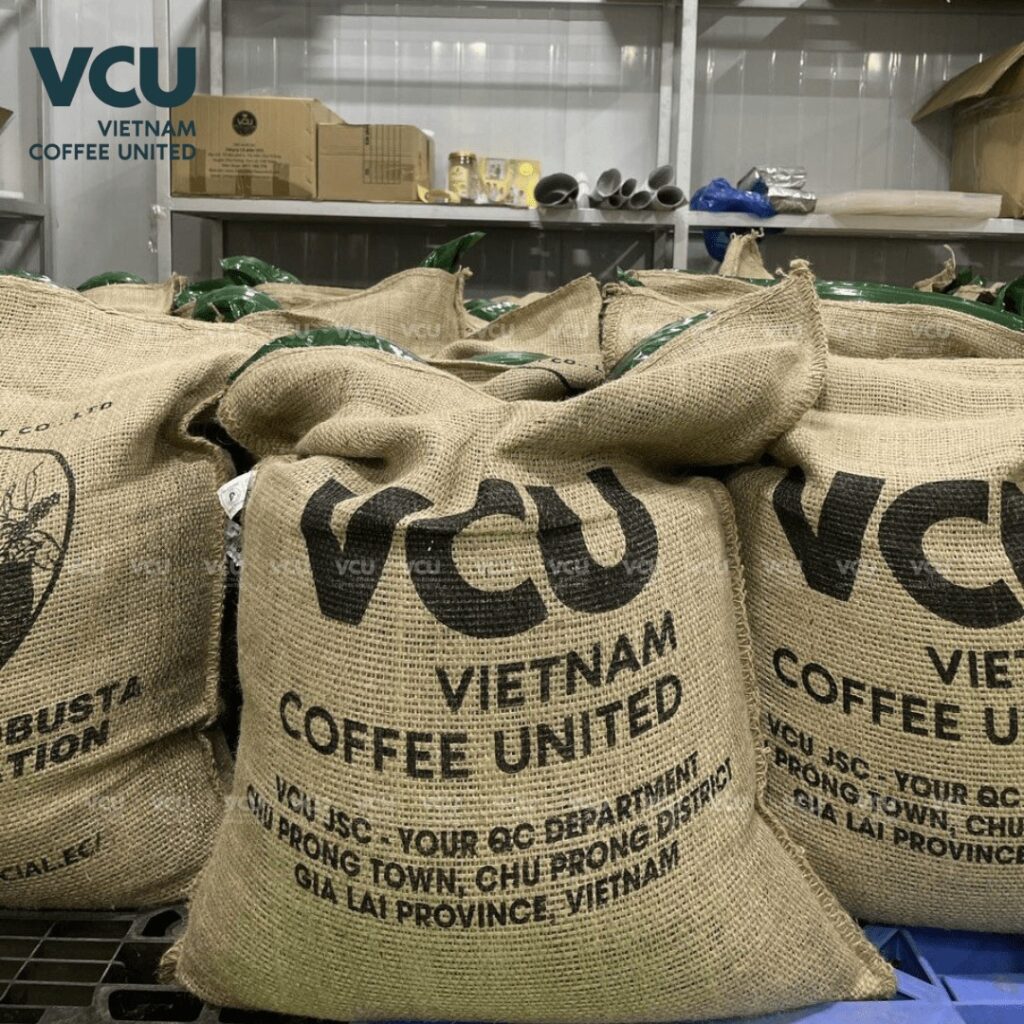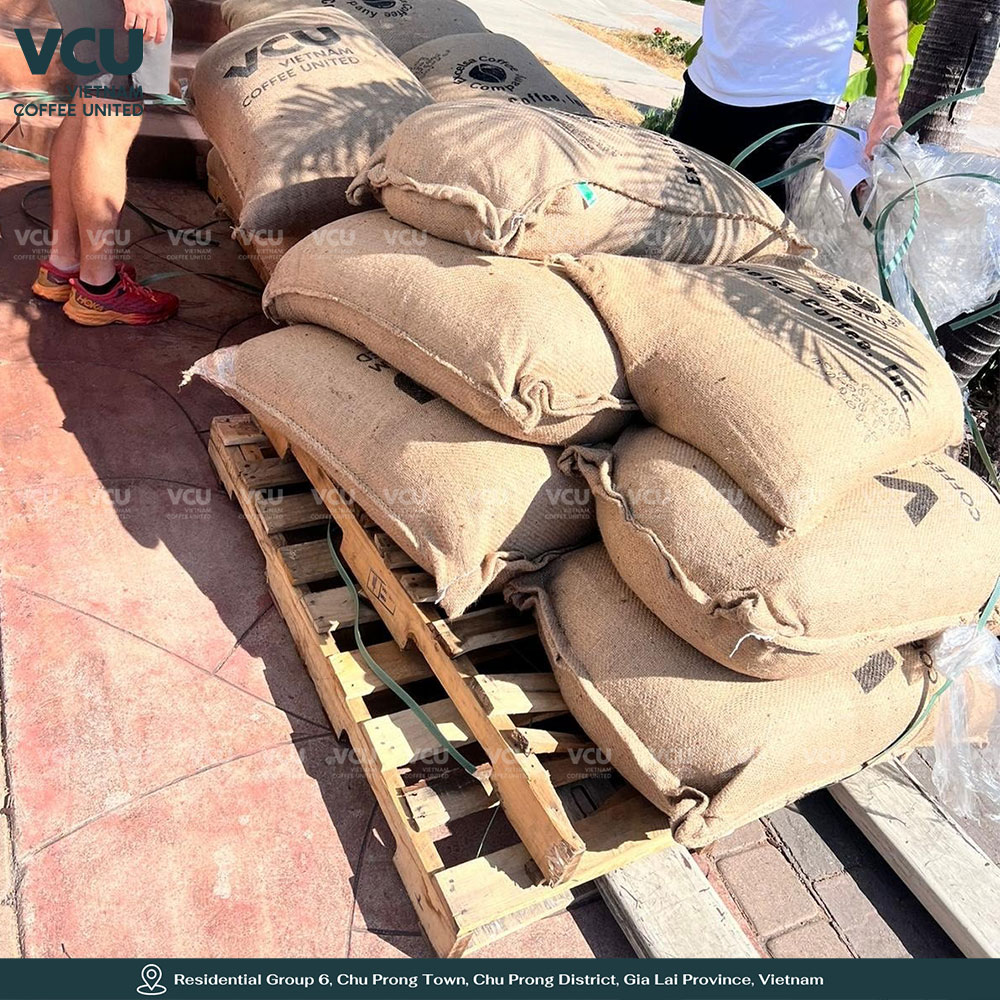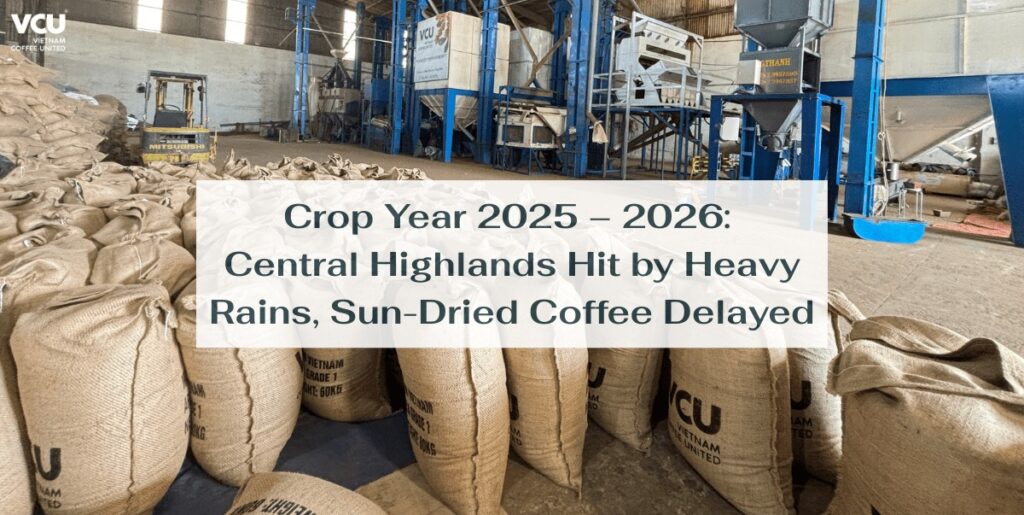The Role of Coffee in the Global Economy
The Economic Impact of Coffee Export
Coffee export plays a vital role in the global economy, serving as a key revenue source for many countries. The export of coffee beans has steadily grown in both quantity and value over the years, driven by increasing global demand for coffee. This rise can be attributed to the growing coffee culture and changing consumer preferences worldwide. Today, coffee is not just a beverage; it’s a lifestyle choice for millions, contributing significantly to various economies.

Major Coffee Exporting Countries
Countries like Brazil, Vietnam, and Colombia are leading coffee-exporting nations, producing large quantities of high-quality coffee beans due to favorable climate and terrain. Brazil, the largest coffee producer globally, offers a diverse range of coffee beans, including the sought-after Arabica variety. Vietnam follows as a major player, focusing on robust Robusta coffee, which is popular for its bold flavor. Colombia, famous for its smooth and rich Arabica beans, has cultivated a reputation for quality. These nations dominate the global coffee market, ensuring a steady supply to meet rising demand and influencing global coffee prices.
Coffee Export and Economic Growth
The economic impact of coffee export is immense, contributing to job creation, income generation, and poverty reduction in coffee-producing regions. Millions of smallholder farmers rely on coffee cultivation as their primary income source. Export revenues also support critical sectors such as infrastructure, healthcare, and education, furthering the economic development of these countries. In regions where coffee is grown, investments from coffee exports help improve local living standards, access to clean water, and education, fostering overall community development.

Key Trends in the Global Coffee Market
Coffee Prices and Market Volatility
One of the main challenges for coffee-exporting countries is the volatility of coffee prices. Fluctuations in market demand, global trade policies, and production costs create uncertainty in the coffee export industry. For example, during times of high demand, prices may surge, leading to short-term profits for farmers, but a subsequent drop in prices can create financial instability. This volatility necessitates that producers diversify their crops and seek innovative strategies to remain competitive and financially stable.
Climate Change and Coffee Production
Climate change poses a significant threat to the future of coffee production. Shifts in temperature and rainfall patterns can impact crop yields, leading to instability in the supply chain for coffee exports. Rising temperatures can render traditional coffee-growing regions less viable, prompting a need for growers to adapt. Additionally, the increased prevalence of pests and diseases due to changing climates adds another layer of complexity, requiring farmers to invest in new technologies and farming practices to protect their crops.
The Future of Coffee Export: Sustainability and Fair Trade
Sustainability in Coffee Export
The coffee industry is facing increased scrutiny regarding its environmental impact. The adoption of sustainable practices in coffee production and export is essential to ensure the long-term viability of the industry. Governments and coffee producers are now focusing on responsible practices to reduce the environmental footprint of coffee trade. Initiatives such as shade-grown coffee and organic farming methods not only promote biodiversity but also enhance the quality of coffee, appealing to environmentally conscious consumers.
Fair Trade and Ethical Coffee Export Practices
The focus on fair trade in the coffee industry is growing as consumers become more aware of the ethical considerations surrounding coffee. Implementing fair trade policies ensures that coffee farmers receive fair compensation, contributing to the overall sustainability of the industry. Fair trade certification often leads to improved working conditions, community development projects, and the empowerment of farmers, helping to create a more equitable coffee supply chain.
Conclusion: The Ongoing Importance of Coffee Export
In conclusion, coffee export remains a crucial driver of the global coffee market. As demand for coffee beans continues to rise, addressing the challenges of market volatility, climate change, and sustainability will be key to ensuring the industry’s future success. The adoption of sustainable and responsible practices in the coffee export sector will play a pivotal role in shaping the future of coffee production worldwide. By prioritizing ethical sourcing and environmental stewardship, the coffee industry can create a more sustainable future, benefiting producers and consumers alike.







